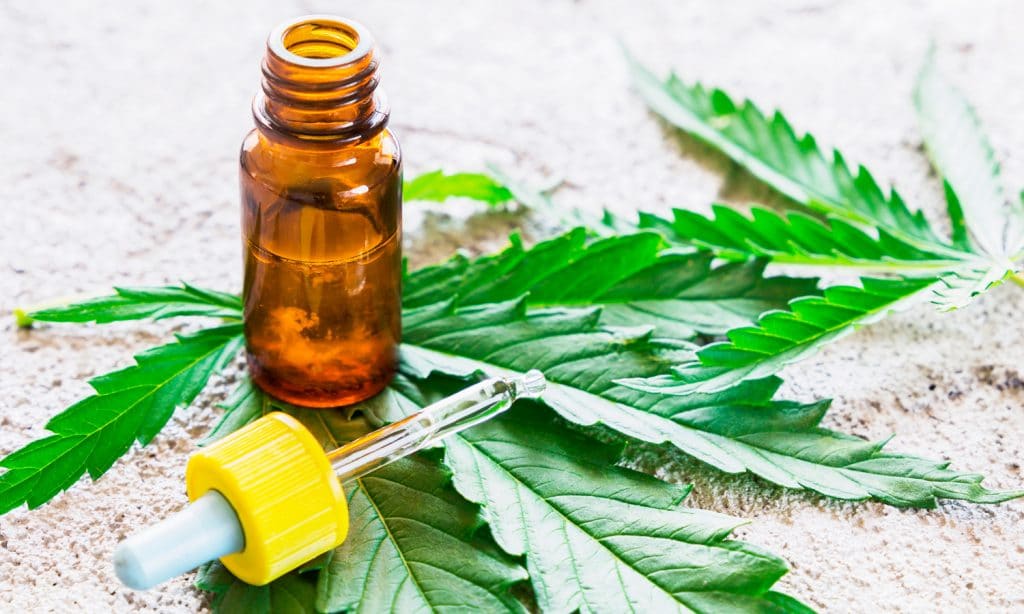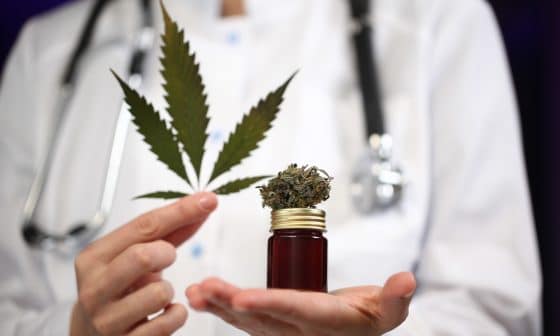Although cannabis has made legal strides in 33 states and is considered acceptable by the majority of American adults, there is comparatively little research being done on its usage and efficacy. We still have very little information about what’s safe, what’s not safe, and what’s safe for how long; we just support how it makes us feel. Even though the federal government still believes cannabis is a dangerous drug, over half of the United States allows its usage for a range of medical problems. Research, however, is lagging way behind demand.
Higher Learning
Understanding the need for more research, Veriheal, a medical marijuana telemedicine platform, announced their 2020 cannabis research scholarship, through which they plan to spread out $10,000 between ten students who are currently enrolled in any institutions of higher learning. In an effort to encourage students of color into this lucrative industry, Josh Green and Sam Adetunji want to share their experiences and skills that they’ve developed since they launched Veriheal in 2017. The cannabis scholarship July’s deadline is quickly approaching. Apply here.
About The Scholarship
Veriheal values education and wants to help students in need, especially students of color. Co-founders and co-owners, Josh Green, a Florida A&M University alum, and Sam Adetunji, who graduated from Virginia Commonwealth University, both understand the value of concentrated learning and want to be a part of the effort to bring the focus back to the plant. Josh Green believes that cold, hard science will help destigmatize the plant.
“My hope is that everyone can try cannabis for themselves as medicine, free from persecution or misinformation. Cannabis is a plant that helps heal people, and should not be viewed as a drug that damages people,” he tells High Times. “There’s so much potential with mixing science and medicine for cannabis that we can perhaps find so many natural remedies for healthier living. We have to remove the stigma so that everyone can freely have safe access.”
Unlike other tech brands, Veriheal has never had the luxury of venture capital investors, and the co-founders did not rely on generational wealth in funding their education and their dreams of ownership. Their community of family, friends, mentors, and clients have allowed them to study, graduate, and start their businesses. In this same ‘pay it forward’ effort, Veriheal is proud to offer some financial help to students and their families in the form of scholarships and mentorship. Winners will be selected from applicants who show the best overall combination of knowledge and passion for sustainability, community, awareness, and innovation for the cannabis plant.








